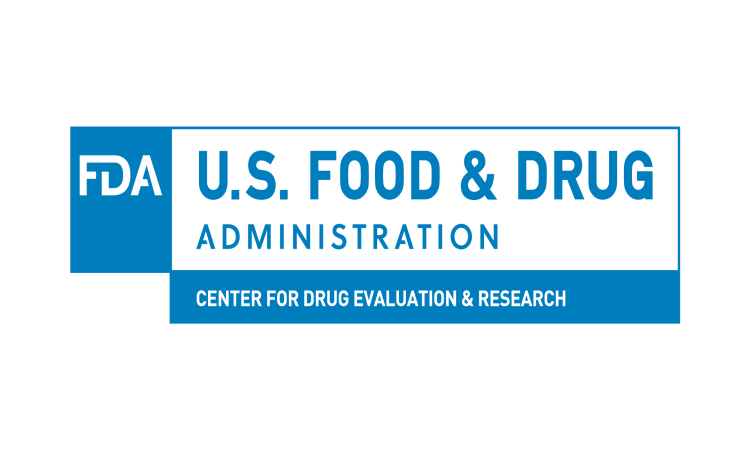Dec. 13, 2021 – Recent FDA Warning Letters calling out promotional claims made about vaping products are interesting in that they were issued not by the agency’s Center for Tobacco Products, but by the Center for Drug Evaluation and Research (CDER).
“Although the FDA has been criticized for missing deadlines on approving or rejecting various vaping products for marketing, this move may suggest that CDER is going to take a larger role here,” said Coalition for Healthcare Communication Executive Director Jon Bigelow.
CDER issued Warning Letters Dec. 1 to the following companies: NV Nutrition LLC, VitaCig Inc.,Vitamin Vape Inc., and VitaStik Inc. All of these enforcement letters address website and social media promotional claims for vaping products that render them unapproved new drugs “because they are intended for use in the diagnosis, cure, mitigation, treatment, or prevention of disease and/or intended to affect the structure or any function of the body.”
The Warning Letter to Vitamin Vape notes that the company markets its “B12 Vitamin Vape” product with a Nutrition Facts label, but states that the product fails to meet the definition of a “food” under FDA regulations. The enforcement letters to both NV Nutrition and VitaStik allege that the companies “appear to be” marketing their products as dietary supplements even though they are not intended for ingestion. As such, they are drugs and under CDER’s purview, the letters state.
The FDA published a warning to consumers regarding vaping products with unproven health claims, including vaping products being marketed for “wellness” because they contain vitamins and essential oils and those making claims that these products improve mental clarity or treat tumors or asthma.
“Don’t be misled by vaping products claiming to contain ‘vitamins’ and other ‘natural’ ingredients or being advertised for ‘wellness’ purposes,” according to the agency’s statement. “The terms ‘wellness’ and ‘natural’ on labels are not well-defined and are sometimes used to imply unproven benefits or safety. Just because a product claims to be natural doesn’t necessarily mean it’s safe or free from hidden ingredients.
The agency also points out that online advertising, especially social media posts, “often make false claims and cite the latest ‘scientific study,’ or do not include important details that may apply to you or allow you to make an informed decision. Other red flags include claims like ‘miracle cure’ or ‘guaranteed results,’” the agency cautions.




